Thailand unrest: Opposition MPs pledge to resign
- Published
- comments
Abhisit Vejjajiva, leader of the Democrat Party of Thailand: "We no longer want to be part of this House of Representatives"
Thailand's opposition MPs are to resign en masse, officials say, after weeks of anti-government protests in Bangkok.
Opposition-backed street protesters have been trying to oust PM Yingluck Shinawatra, saying she is controlled by her brother, former PM Thaksin.
Protest leader Suthep Thauksuban, a former deputy PM, has rejected dialogue and called for a final push to overthrow the government on Monday.
Ms Yingluck has proposed a referendum on the country's political crisis.
She repeated that she was ready to dissolve parliament and hold fresh elections if agreement could be reached with her opponents.
The protesters want Ms Yingluck's current government to step down and be replaced by an unelected "People's Council".
They allege that her government is controlled by her brother, former Prime Minister Thaksin Shinawatra, who is in self-imposed exile after he was overthrown in a military army coup in 2006 and convicted of corruption.
Final push
All 153 MPs of the main opposition Democrat party, Thailand's oldest, will resign.
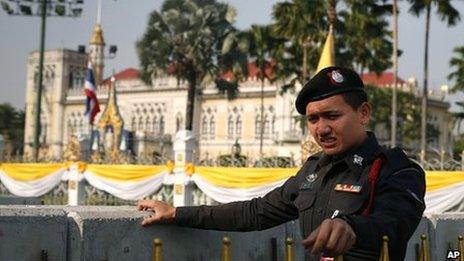
The Thai prime minister has faced weeks of anti-government protests
They hold just under one third of the seats in the 500-seat parliament, where the the governing Pheu Thai party has a commanding majority.
"We decided to quit as MPs to march with the people against the Thaksin regime," Democrat Party MP Sirichok Sopha said in televised remarks.
Bangkok MP Sansern Samalapa wrote on his Facebook page: "The resignation en masse is intended to deny the parliamentary system of the Thaksin regime, which has run out of legitimacy, and we have fully performed the duty of the opposition."
Mr Suthep, a former Democrat MP, is calling Monday's final-push protest a last-ditch attempt to overthrow Ms Yingluck's government. Protesters say huge rallies will converge on Government House from nine directions.
If he fails, he says he will hand himself in to the police, who have issued an arrest warrant for him.
The government, despite all the criticisms made of it, still holds a clear majority in parliament, and is likely to win another election, its sixth in succession, if the prime minister does decide to call one, says the BBC's Jonathan Head in Bangkok.
- Published5 December 2013
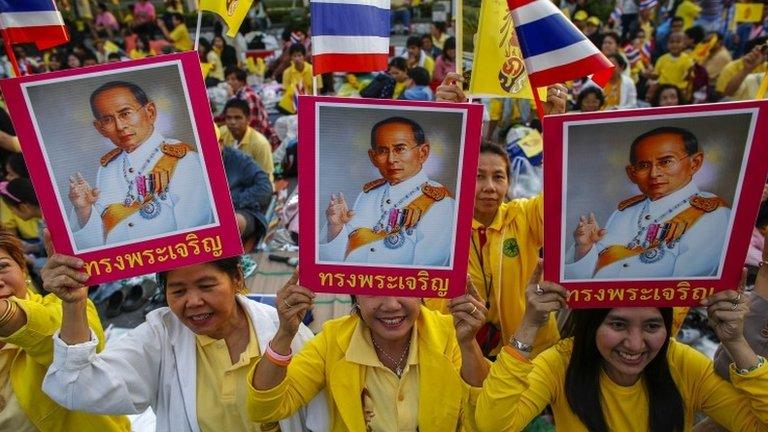
- Published3 December 2013
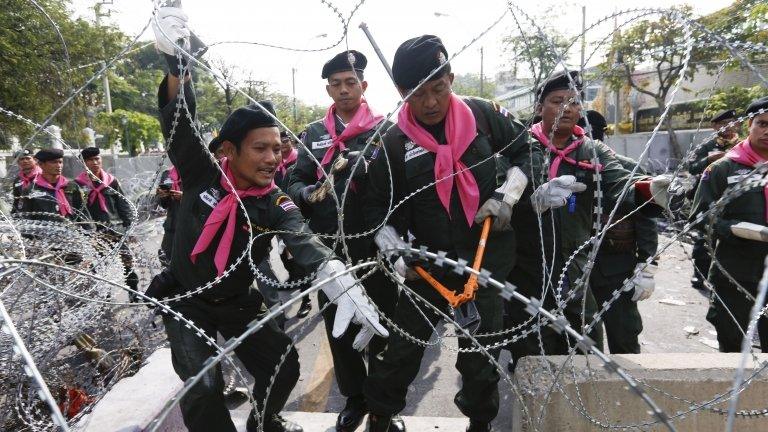
- Published3 December 2013
- Published3 December 2013
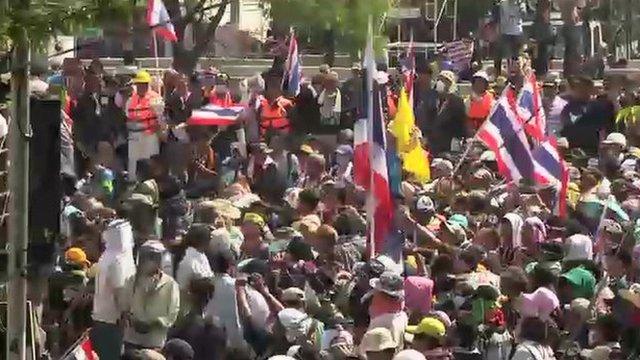
- Published22 May 2014
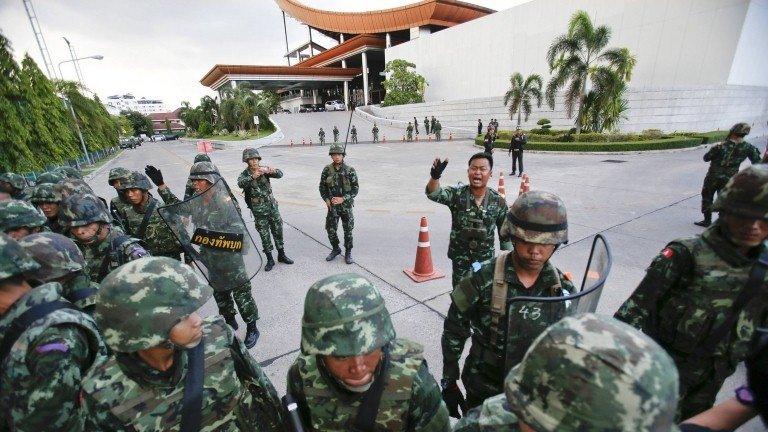
- Published2 December 2013
